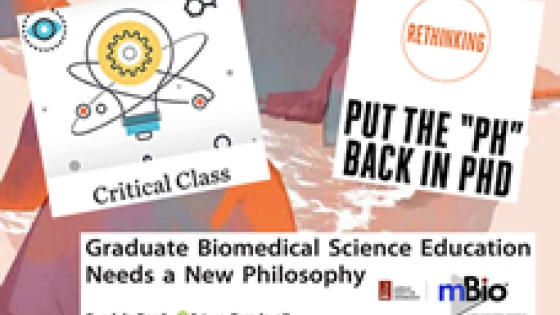Research Areas
The Department of Molecular Microbiology and Immunology (MMI) pursues research that aims to advance the understanding of the biology of disease and to use this knowledge to solve public health problems.
Our research interests encompass the historically important areas of parasitology, bacteriology, vector biology/medical entomology, virology, ecology, and immunology.
Bacteriology
The department’s bacteriology research focuses on the resurgence of tuberculosis, particularly drug-resistant and persistent tuberculosis, and the increasing incidences of Lyme disease both in the U.S. and around the world, as major public health problems.
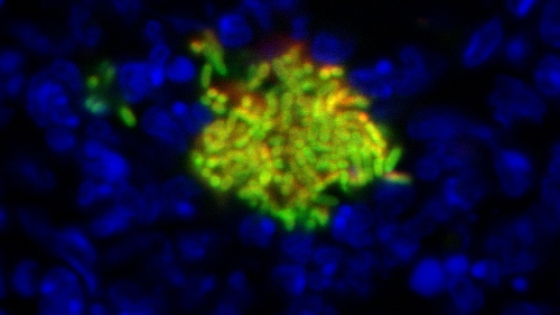

Immunology
From MMI's early pioneering work on vaccination and the immune responses to pneumococcus, typhoid, streptococcus, diphtheria and malaria, our faculty carry on the tradition of applying modern immunological approaches to major public health issues.
Medical Entomology / Disease Ecology
Insect vectors are critical components of the life cycle of many newly emerging and pandemic infections in the world today. MMI pursues research addressing the population biology of mosquito disease vectors and their molecular interaction with human pathogens such as the Plasmodium parasite that causes malaria and the virus that causes dengue.

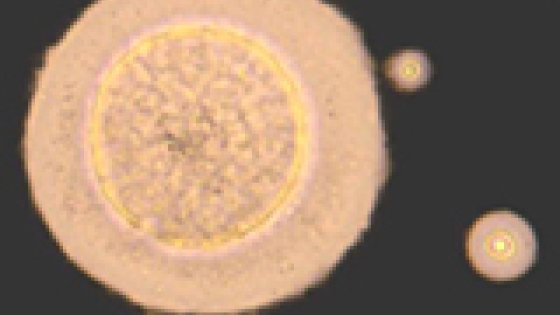
Mycology
The department's mycology program has a major focus on Cryptococcus neoformans, a ubiquitous environmental microbe frequently affects individuals with impaired immunity.
Parasitology
The Department is committed to work on the public health relevance of parasites as well as the molecular biology and clinical significance of parasitic infections. A major research effort focuses on the protozoan parasites causing malaria and toxoplasmosis.
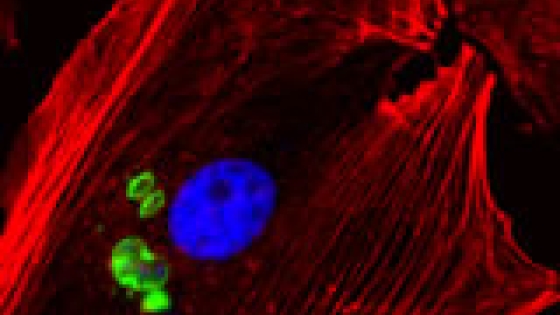
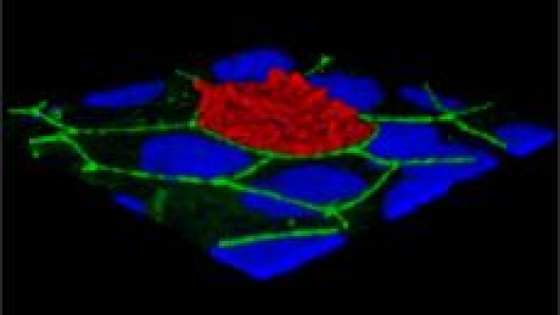
Virology
Our virology program covers a wide range of investigative activities. Bringing together researchers with so many different perspectives on the viral world makes for a highly collaborative, stimulating and productive scientific environment.
Science Education Research
Our R3 Graduate Science Initiative teaches critical thinking and clear communication skills; furthers broad interests in science and its history, and helps students become advocates for good scientific practice. We engage in interdisciplinary, educational research in the areas of assessment and evaluation on the course and program level.
